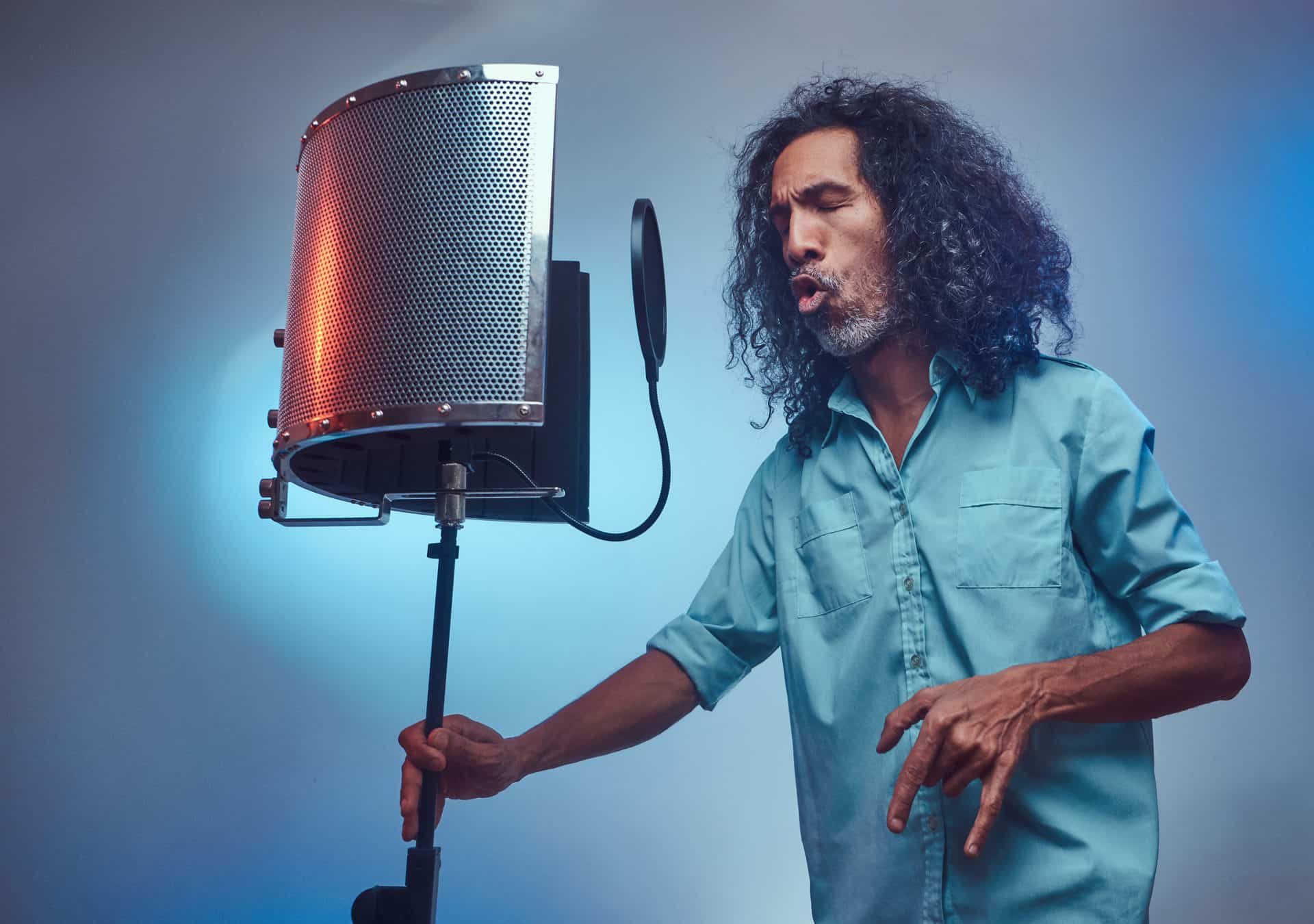How to keep your voice healthy when you depend on it for a living.
Last month we talked about how to “yell” into the mic. While I addressed some basics on warming up your voice and general vocal care, I also mentioned that this is a growing issue in the voiceover world and worthy of more time. So, let’s get down to some basic Vocal Training and Vocal Health tips.
An Actor’s job is to do whatever they can to give what is asked of them by the Director. And they sometimes sacrifice their voices to do this because they don’t understand vocal training. It’s important to do it safely.
Many of you probably have a basic routine in the morning. Some may have a series of disciplines they like to do before they start their day, like a quiet time, exercise, checking in with social media. Others may roll right out of bed and down a lot of coffee before they hit the road. Here are some ways you might want to start your day, or things to do before a session or audition to get in the habit of good vocal health.
Exercise: Yes, our vocal health is related to diet and exercise. I always had the type of voice that was there for me no matter what. I was concerned about getting rest more for my on-camera career, looking fresh and rested. But, as my career grew, I realized how much rest and exercise are important for voiceover. If you’re auditioning or working regularly, you notice how breath control affects your phrasing and even emotional choices. And without proper breath control and vocal warm-ups, it’s easy to go into your throat. This can start to damage your cords, and that voice that was always there for you suddenly is not there.
Be aware of loud places: I love to eat out and meet people in restaurants or go to parties. It’s one of my favorite things to do. But I think of how many times I was screaming over the music and loud noise when in a conversation. Bernadette Peters once said that while doing Sunday In The Park with George, she had to practice vocal rest during the day because it was so demanding. And so should you.
Go Low and Slow: Start by doing a warm-up. Think of it as a stretch like you would do if you were going to the gym to work out. After a big session, it’s also good to do a cool down and get back to zero, which obviously won’t be as involved as the warm-up. Warms-ups can be as simple as a soft and low hum, building to a louder hum, then back down.
Hydrate, hydrate, hydrate: You want those muscles plumped up with water, pliable and limber. This is not only before the session, during the session, but even the night before. Those of us who live in a dessert climate like L.A. with such lovely weather are really susceptible to this. It’s easy to get a bit dehydrated, so please, err on the side of hydration, even if it doesn’t seem as hot or dry as it usually is.
These are all important for maintaining your vocal health. Next month, I’ll share specific breathing and vocal exercises that you can do to keep your voice in top shape and ready to go.
